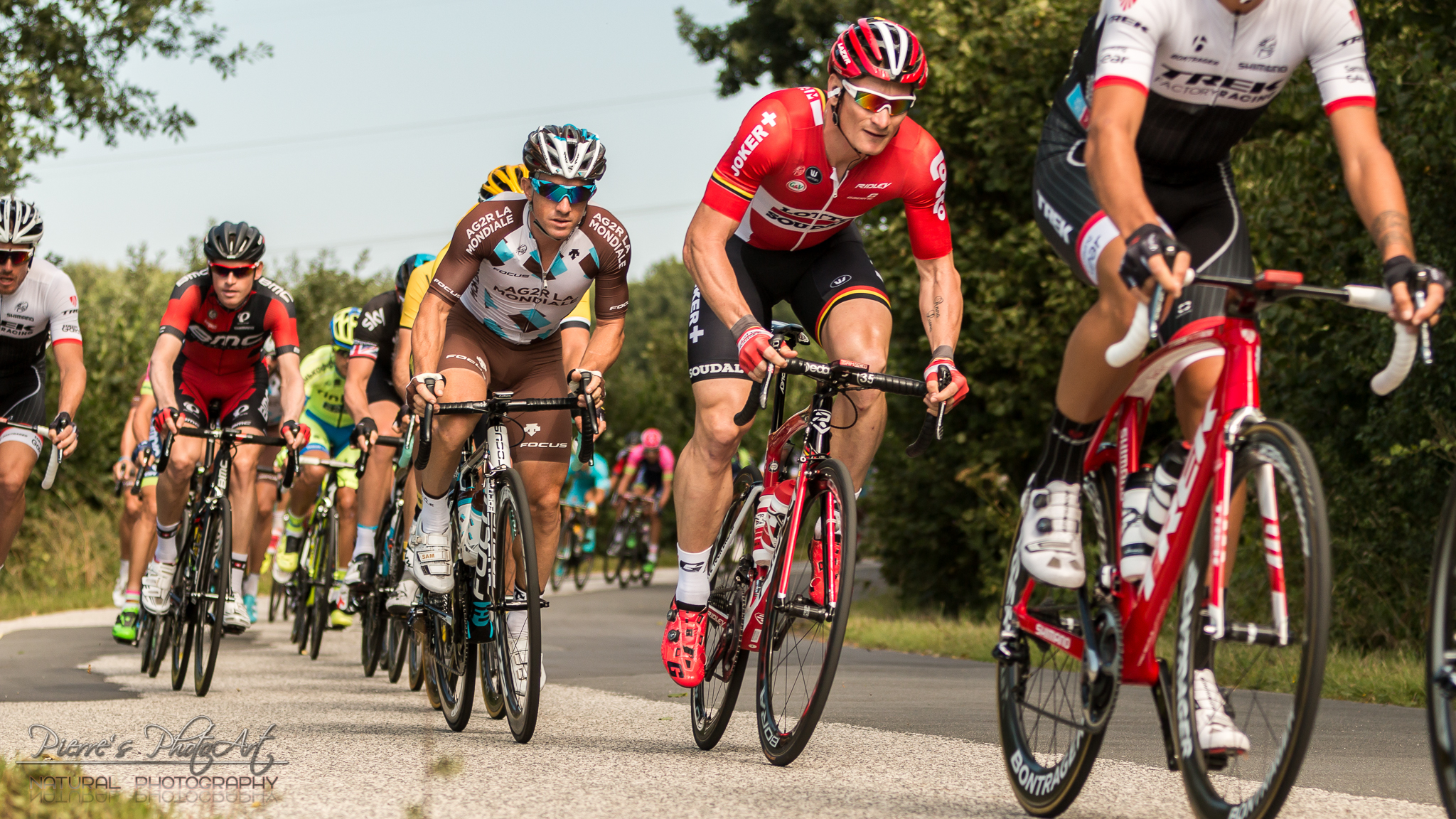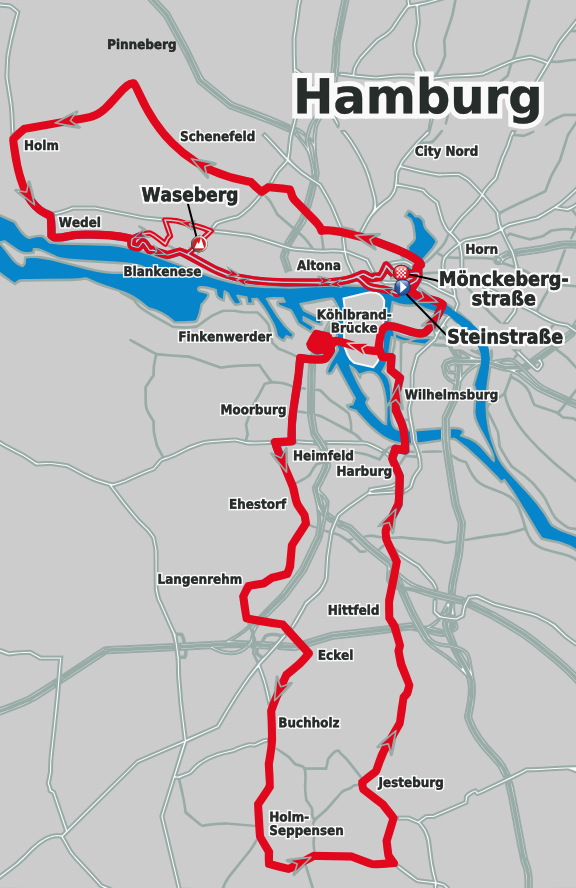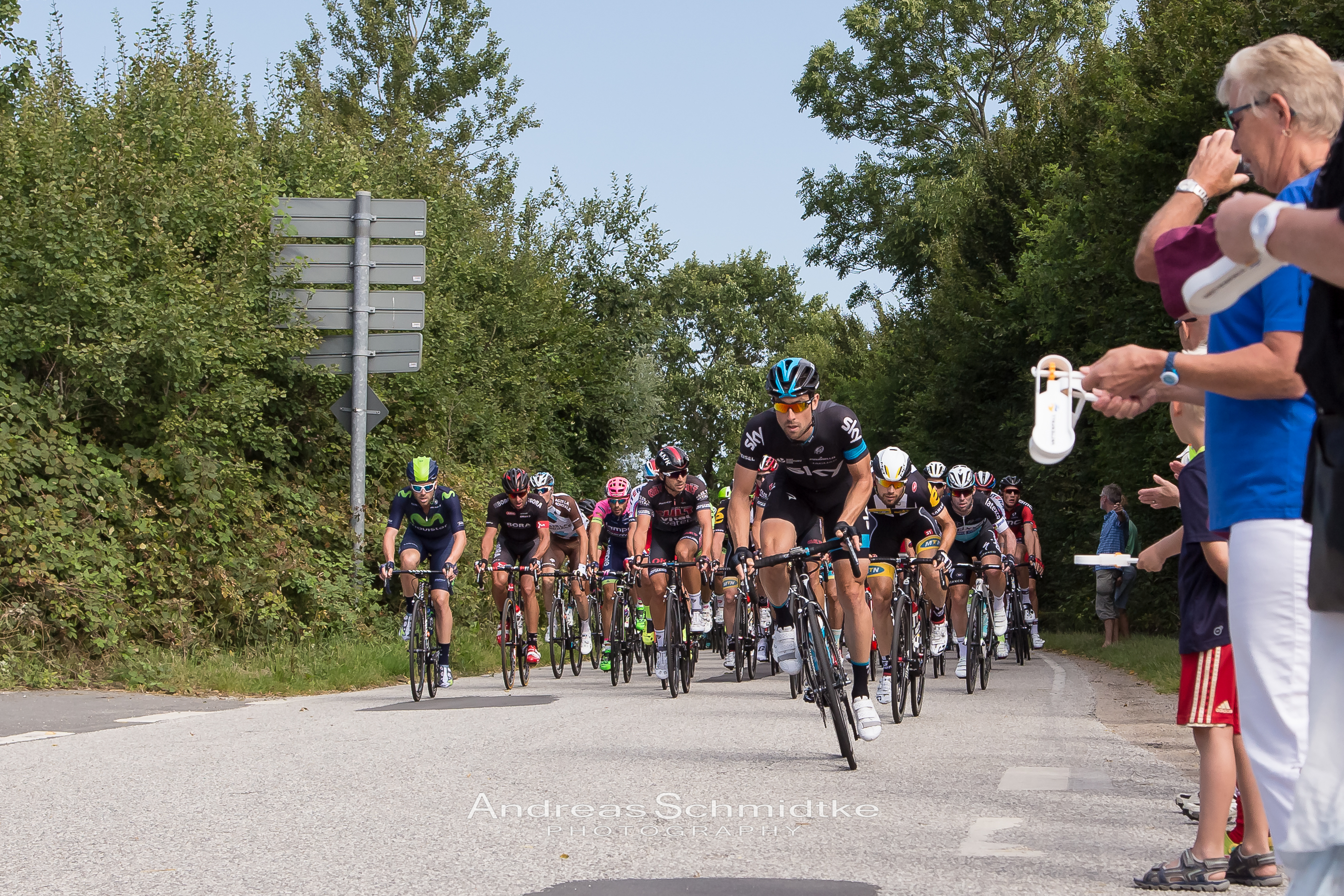EuroEyes Cyclassics on:
[Wikipedia]
[Google]
[Amazon]
The Hamburg Cyclassics (currently known as the Bemer Cyclassics for sponsorship purposes) is an annual one-day professional and amateur cycling race in and around
 In 2002, race sponsor HEW was overtaken by Swedish electricity conglomerate
In 2002, race sponsor HEW was overtaken by Swedish electricity conglomerate
 The race usually starts on the Steinstraße in Hamburg-Altstadt and finishes on Mönckebergstraße, Hamburg's illustrious shopping street in the city's busy commercial district. The distance varies from 225 to 255 km over mainly flat
The race usually starts on the Steinstraße in Hamburg-Altstadt and finishes on Mönckebergstraße, Hamburg's illustrious shopping street in the city's busy commercial district. The distance varies from 225 to 255 km over mainly flat
 , -
, colspan=4 align=center, ↓ "HEW Cyclassics" ↓
, -
, colspan=4 align=center, ↓ "Vattenfall Europe Hamburg" ↓
, -
, colspan=4 align=center, ↓ "Vattenfall Cyclassics" ↓
, -
, colspan=5 align=center, ↓ "EuroEyes Cyclassics" ↓
, -
, colspan=4 align=center, ↓ "Bemer Cyclassics" ↓
, -
, colspan=4 align=center, ↓ "HEW Cyclassics" ↓
, -
, colspan=4 align=center, ↓ "Vattenfall Europe Hamburg" ↓
, -
, colspan=4 align=center, ↓ "Vattenfall Cyclassics" ↓
, -
, colspan=5 align=center, ↓ "EuroEyes Cyclassics" ↓
, -
, colspan=4 align=center, ↓ "Bemer Cyclassics" ↓
Hamburg
Hamburg (, ; ), officially the Free and Hanseatic City of Hamburg,. is the List of cities in Germany by population, second-largest city in Germany after Berlin and List of cities in the European Union by population within city limits, 7th-lar ...
, Germany. Although the route varies, its distance is always around 250 km. The course's most significant difficulty is Waseberg hill in Blankenese, which is addressed three times in the race finale.
Until 2016 it was Germany's only event on the UCI World Tour
The UCI WorldTour is the premier men's elite road cycling tour, sitting above the UCI ProSeries and various regional UCI Continental Circuits. It refers to both the tour of 38 events and, until 2019, an annual ranking system based upon perfor ...
calendar, before the inclusion of Eschborn–Frankfurt – Rund um den Finanzplatz in 2017. The race is organized by IRONMAN Unlimited Events Germany GmbH, which also organizes the annual Velothon Berlin.
An important part of the Cyclassics is the ''Jedermannrennen'' ("Everyman's race"), an amateur/cyclosportif event held on the same day and on the same roads as the professional race. Bike fanatics can participate in amateur tour races over 55 km, 100 km and 155 km. The number of participants is limited to 22.000 amateurs and tickets must be reserved months in advance.
History
HEW Cyclassics
The event was created in 1996 as a 1.5 race, the lowest classification of professional races. The first edition was its shortest ever, totaling just 160 km, won by Italian Rossano Brasi. HEW, ''Hamburg's Electricity Works'', served as the race's title sponsor. In 1997Jan Ullrich
Jan Ullrich (; born 2 December 1973) is a German former professional road bicycle racer. Ullrich won gold and silver medals in the 2000 Summer Olympics in Sydney, Australia, Sydney. He won the 1999 Vuelta a España and the HEW Cyclassics in fro ...
won the second edition amid hordes of fans, two weeks after winning the Tour de France
The Tour de France () is an annual men's multiple-stage cycle sport, bicycle race held primarily in France. It is the oldest and most prestigious of the three Grand Tour (cycling), Grand Tours, which include the Giro d'Italia and the Vuelta a ...
, and the race gained prestige fast.
With cycling's fast-growing popularity in Germany in the 1990s, the race became part of the UCI Road World Cup in 1998, cycling's ten highest-classified one-day races. It replaced the Wincanton Classic, Britain's only cycling classic, as the seventh leg of the World Cup. Dutchman Léon van Bon outsprinted Michele Bartoli to win the third edition; the distance was increased to 253 km.
Erik Zabel was the second German winner of the HEW Cyclassics in 2001. In 2002, Belgian classics
Classics, also classical studies or Ancient Greek and Roman studies, is the study of classical antiquity. In the Western world, ''classics'' traditionally refers to the study of Ancient Greek literature, Ancient Greek and Roman literature and ...
specialist Johan Museeuw
Johan Museeuw (born 13 October 1965) is a retired Belgian professional road bicycle racer, road racing cyclist who was a professional from 1988 until 2004. Nicknamed ''The Lion of Flanders'', he was particularly successful in the cobbled classic ...
won his eleventh and last World Cup race, leading out the sprint from a group of ten.
Vattenfall Cyclassics
 In 2002, race sponsor HEW was overtaken by Swedish electricity conglomerate
In 2002, race sponsor HEW was overtaken by Swedish electricity conglomerate Vattenfall
Vattenfall is a Swedish multinational corporation, multinational electrical power industry, power company owned by the List of government enterprises of Sweden, Swedish state. Beyond Sweden, the company generates power in Denmark, Finland, Germa ...
and was renamed ''Vattenfall Europe Hamburg''. Vattenfall, Swedish for ''Waterfall'', became the race's new title sponsor in 2006
2006 was designated as the International Year of Deserts and Desertification.
Events
January
* January 1– 4 – Russia temporarily cuts shipment of natural gas to Ukraine during a price dispute.
* January 12 – A stampede during t ...
. In 2005, the race was included in the inaugural UCI ProTour
The UCI ProTour was a series of road bicycle racing, road bicycle races in Europe, Australia and Canada organised by the Union Cycliste Internationale, UCI (International Cycling Union). Created by Hein Verbruggen, former president of the UCI, i ...
, successor of the World Cup. After the disappearance of the Deutschland Tour in 2009, it remained the only German race at cycling's highest international level. Since 2011 it is one of 24 races of the UCI World Tour
The UCI WorldTour is the premier men's elite road cycling tour, sitting above the UCI ProSeries and various regional UCI Continental Circuits. It refers to both the tour of 38 events and, until 2019, an annual ranking system based upon perfor ...
. In 2012, UCI extended the race's World Tour license until at least 2016.
Because of its mostly flat course, the race is considered a sprinter's contest and has ended in a mass sprint uninterrupted since 2004
2004 was designated as an International Year of Rice by the United Nations, and the International Year to Commemorate the Struggle Against Slavery and Its Abolition (by UNESCO).
Events January
* January 3 – Flash Airlines Flight 60 ...
. Some of the best sprinters of their generation, including Robbie McEwen, Óscar Freire, Alexander Kristoff and André Greipel
André Greipel (born 16 July 1982) is a German cyclist, who rode professionally in road bicycle racing between 2005 and 2021. Since his retirement from road racing, Greipel has worked as a directeur sportif for UCI Continental teams and , and in ...
, are among the winners of the race. American sprinter Tyler Farrar, winner of the 2009
2009 was designated as the International Year of Astronomy by the United Nations to coincide with the 400th anniversary of Galileo Galilei's first known astronomical studies with a telescope and the publication of Astronomia Nova by Joha ...
and 2010
The year saw a multitude of natural and environmental disasters such as the 2010 Haiti earthquake, the Deepwater Horizon oil spill, and the 2010 Chile earthquake. The 2009 swine flu pandemic, swine flu pandemic which began the previous year ...
Cyclassics, is the only rider to have won the race two times.
The 2013 race was met with fierce protesting unrelated to the race. Hamburg residents were upset with Vattenfall's environmental policies and its attempts to acquire ownership of the local power grid.
EuroEyes Cyclassics
In 2015 it was announced that Vattenfall would not extend its partnership with the Hamburg Cyclassics, forcing organizers to search for a new sponsor to provide the estimated 800.000 Euro, a third of the race's budget. From2016
2016 was designated as:
* International Year of Pulses by the sixty-eighth session of the United Nations General Assembly.
* International Year of Global Understanding (IYGU) by the International Council for Science (ICSU), the Internationa ...
''EuroEyes'', a large German provider of laser eye treatment, Femto-LASIK, lens surgeries, and refrative lens exchanges, was the new title sponsor. Australian sprinter Caleb Ewan won the race after the initial winner, Nacer Bouhanni, was relegated.
Route
 The race usually starts on the Steinstraße in Hamburg-Altstadt and finishes on Mönckebergstraße, Hamburg's illustrious shopping street in the city's busy commercial district. The distance varies from 225 to 255 km over mainly flat
The race usually starts on the Steinstraße in Hamburg-Altstadt and finishes on Mönckebergstraße, Hamburg's illustrious shopping street in the city's busy commercial district. The distance varies from 225 to 255 km over mainly flat terrain
Terrain (), alternatively relief or topographical relief, is the dimension and shape of a given surface of land. In physical geography, terrain is the lay of the land. This is usually expressed in terms of the elevation, slope, and orientati ...
in the hinterland
Hinterland is a German word meaning the 'land behind' a city, a port, or similar. Its use in English was first documented by the geographer George Chisholm in his ''Handbook of Commercial Geography'' (1888). Originally the term was associated wi ...
of Hamburg. The route of the race undergoes some changes every year, but the finish location has remained the same throughout.
The course's most significant difficulty is Waseberg hill in Blankenese, a suburban quarter of Altona, west of Hamburg's city centre. The race finale consists of three smaller laps west of Hamburg, containing the Waseberg. It is first climbed at from the finish, the second and third ascent are at and respectively.
The Waseberg is a steep asphalted hill running up from the north bank of the Elbe
The Elbe ( ; ; or ''Elv''; Upper Sorbian, Upper and , ) is one of the major rivers of Central Europe. It rises in the Giant Mountains of the northern Czech Republic before traversing much of Bohemia (western half of the Czech Republic), then Ge ...
river into the suburban centre of Blankenese. Its length is 700 m with a maximum gradient of 16%. It is particularly challenging as the climb immediately follows a sharp curve, causing an abrupt change in gear and cadence. As teams try to position their captains in the front of the peloton, riders often rush furiously over the narrow roads leading to the foot of the climb. The route also includes the Köhlbrandbrücke, Hamburg's highest bridge.
From 2005
2005 was designated as the International Year for Sport and Physical Education and the International Year of Microcredit. The beginning of 2005 also marked the end of the International Decade of the World's Indigenous Peoples, Internationa ...
until 2014
The year 2014 was marked by the surge of the Western African Ebola epidemic, West African Ebola epidemic, which began in 2013, becoming the List of Ebola outbreaks, most widespread outbreak of the Ebola, Ebola virus in human history, resul ...
the first half of the course consisted of a southern loop in the direction of Lüneburg Heath in Lower Saxony
Lower Saxony is a States of Germany, German state (') in Northern Germany, northwestern Germany. It is the second-largest state by land area, with , and fourth-largest in population (8 million in 2021) among the 16 ' of the Germany, Federal Re ...
, before returning to the centre of Hamburg and branching out to a western loop.
In 2015
2015 was designated by the United Nations as:
* International Year of Light
* International Year of Soil __TOC__
Events
January
* January 1 – Lithuania officially adopts the euro as its currency, replacing the litas, and becomes ...
organizers changed the parcours to celebrate the twentieth edition of the race. The race started in Kiel
Kiel ( ; ) is the capital and most populous city in the northern Germany, German state of Schleswig-Holstein. With a population of around 250,000, it is Germany's largest city on the Baltic Sea. It is located on the Kieler Förde inlet of the Ba ...
, 90 kilometers north of Hamburg, on the western shore of the Baltic Sea
The Baltic Sea is an arm of the Atlantic Ocean that is enclosed by the countries of Denmark, Estonia, Finland, Germany, Latvia, Lithuania, Poland, Russia, Sweden, and the North European Plain, North and Central European Plain regions. It is the ...
, before heading southwest to Hamburg, crossing Schleswig-Holstein
Schleswig-Holstein (; ; ; ; ; occasionally in English ''Sleswick-Holsatia'') is the Northern Germany, northernmost of the 16 states of Germany, comprising most of the historical Duchy of Holstein and the southern part of the former Duchy of S ...
. The total distance was shortened to , but the final approach into Hamburg, with three ascents of the Waseberg and the finish on the Mönckebergstraße, remained the same. The route from Kiel to Hamburg was also chosen to promote the cities' joint bid to host the 2024 Summer Olympics
The 2024 Summer Olympics (), officially the Games of the XXXIII Olympiad () and branded as Paris 2024, were an international multi-sport event held in France from 26 July to 11 August 2024, with several events started from 24 July. P ...
.
Race director Roland Hofer said of the course: "Although the race profile may appear more suitable for sprinters, it can ultimately be won by all types of great riders, and it is exactly this kind of race that is needed for a well-balanced World Tour event ..The World Tour came to Germany in the midst of a "renaissance" of German cycling, with the latest successes rejuvenating the country's interest in the sport after a setback during the past, doping stricken years."
Winners
 , -
, colspan=4 align=center, ↓ "HEW Cyclassics" ↓
, -
, colspan=4 align=center, ↓ "Vattenfall Europe Hamburg" ↓
, -
, colspan=4 align=center, ↓ "Vattenfall Cyclassics" ↓
, -
, colspan=5 align=center, ↓ "EuroEyes Cyclassics" ↓
, -
, colspan=4 align=center, ↓ "Bemer Cyclassics" ↓
, -
, colspan=4 align=center, ↓ "HEW Cyclassics" ↓
, -
, colspan=4 align=center, ↓ "Vattenfall Europe Hamburg" ↓
, -
, colspan=4 align=center, ↓ "Vattenfall Cyclassics" ↓
, -
, colspan=5 align=center, ↓ "EuroEyes Cyclassics" ↓
, -
, colspan=4 align=center, ↓ "Bemer Cyclassics" ↓
Multiple Winners
Wins per country
Notes
References
External links
* * {{Classic cycle races Cycle races in Germany UCI ProTour races UCI Road World Cup races UCI World Tour races Recurring sporting events established in 1996 1996 establishments in Germany Sports competitions in Hamburg